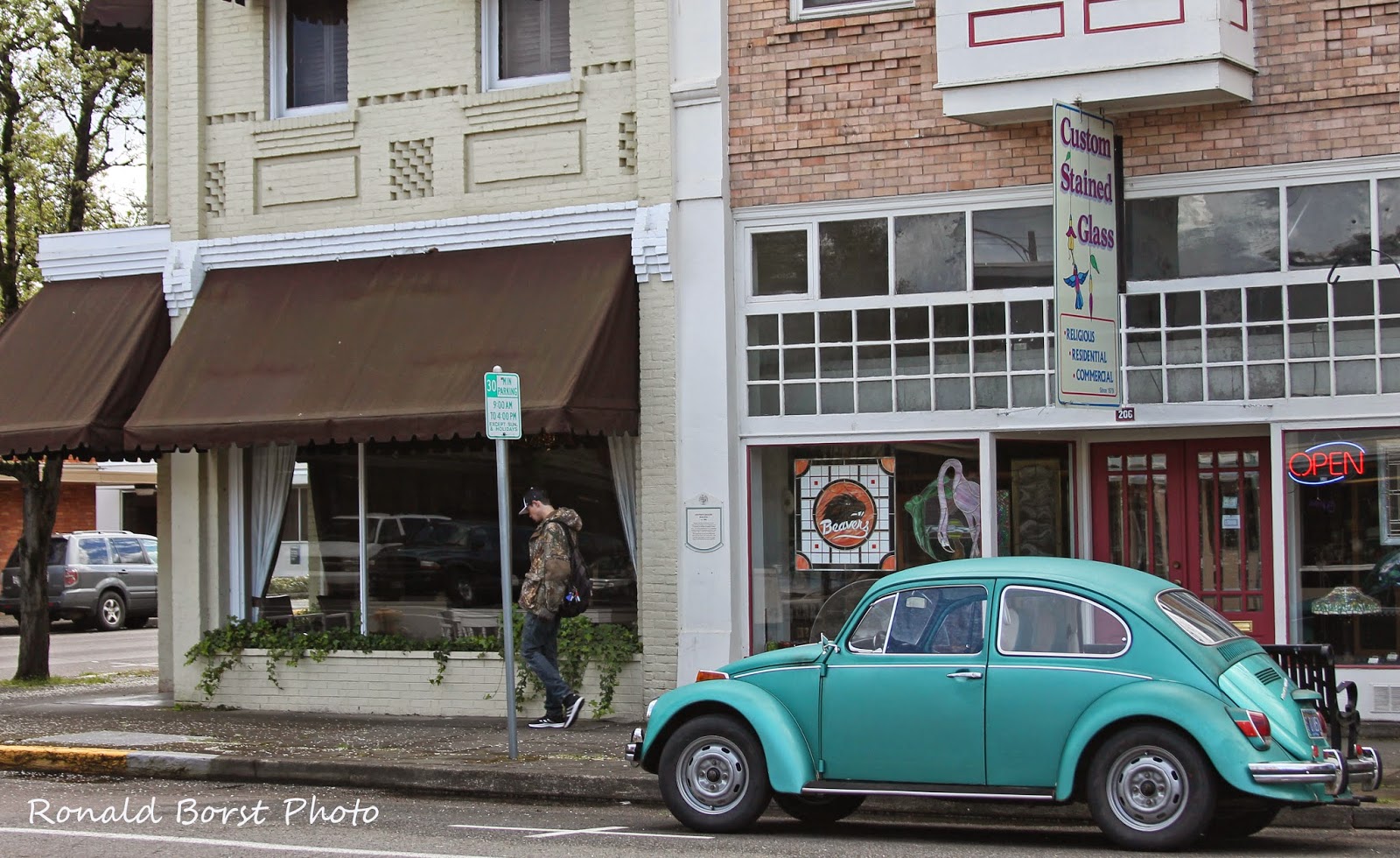In America, questions persist about photography in public places, and whether or not photography is a First Amendment protected right. No matter what anybody tells you, you can be sure photography is indeed protected under free speech protections of the First Amendment.
Contrary to popular opinion, the United States Supreme Court HAS restricted some photographer freedoms. In some cases, the court has stated that the artist has to show a vested public interest in the photographer's photos.
This is ultimately hogwash, as any real artist knows that what they really do is document life. Of course, we also know that photos of public officials are undoubtedly free speech and protected by the 1st Amendment.
Some public policy has attempted to restrict journalists' access to public space. The U.S. Forest Service has historically denied photojournalism to occur in its jurisdiction. Until 2014 however, the "no access" policy had not been enforced. It is now being enforced. The Forest Service rules are vague and state that no "commercial" photos may be taken in a national forest. Good luck enforcing that.
The cases of law enforcement and photographers are too many to list. Simply put, the courts have repeatedly stated that even citizens have the right to photograph law enforcement. The American Civil Liberties Union puts it like this: "If stopped for photography, ask 'Am I free to go?'"
You may have to politely remind the officer that photography is not considered "suspicious" and police activity has never been considered privileged, by any court.
Photography as art, such as architecture, is in fact protected by free speech as it is a reasonable leap to say that any public photo may be "documentary" and that the "free speech" DOES have an audience. But public places that are privately owned are another story. Ask permission and be polite.
Generally speaking, public photography is legal. Most people who are photographing in public, are doing so in some capacity as a citizen journalist. Documenting neighborhood drugs, construction, and everyday life, is just a part of the history of photography. Free speech is freedom of expression.
The only circumstance where public photos are not protected as free speech, is when the photos are recreational and intended for personal use.
Use care when photographing on the street, but know your rights.
Subscribe to:
Post Comments (Atom)
-
Fish on! Coffee burbling, tackle boxes closing, boat trailers hitching... The sounds of summer abound, like children running wild in the...
-
Although many would prefer to teach a beginning steelheader(or salmoner) the "drift-fishing" tactic of bouncing lead and lure alon...
-
It is Albany, Oregon. Quiet, quaint, and suspiciously asking for twenty-five million bucks to build a new police station. Albany's Polic...










No comments:
Post a Comment